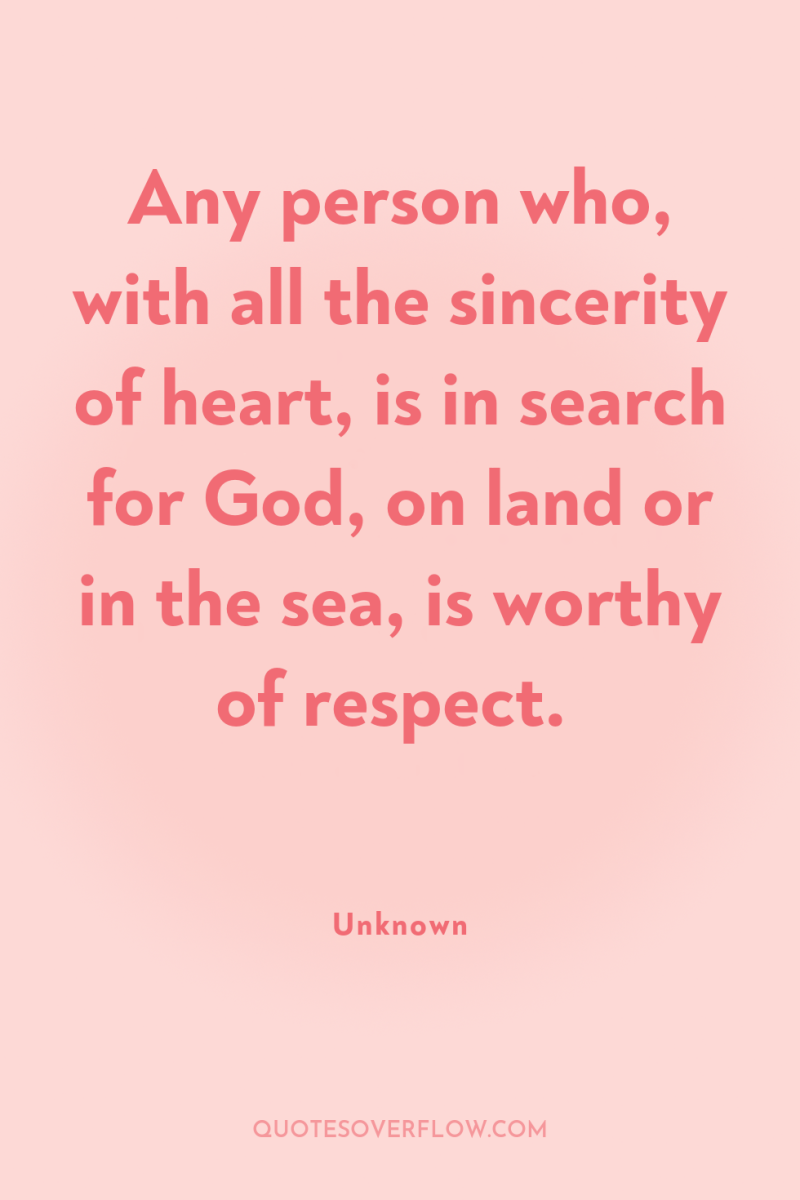Interfaith Relationships – Interfaith – Interfaith – Interfaith – Interfaith – Interfaith – Interfaith – Interfaith – Interfaith – Interfaith – Interfaith – Interfaith – Interfaith.
Interfaith Relationships.
The need for interfaith relationships is as important as the need for interracial relationships now, and this need will grow as we live in ever more interdependent relationships with each other. Our interreligious relationships will be vital to us as we learn to live and work together and to share with each other our common hopes and dreams.
Interfaith Relationships: A Need for Understanding.
Interreligious relationships are not only important now but become increasingly so as we live in a world dominated by interdependent networks of peoples and nations. In this age of globalization, where interdependent networks of peoples and nations dominate world economics, politics, science, health care, news media, culture, communication technology, agriculture, transportation, energy, and other important areas of life, our ability to work together not only benefits us but the world as a whole. We can work together on solving problems that face our entire planet.
Interreligious Relationships: A Challenge of Compassion.
As we adjust to a global system of interdependent networks of people and nations, our ability to work together becomes increasingly important both for the benefit of the world as a whole and for the benefit of individuals within those networks who have closer relationships with those who are more distant from them
Read more
In fact, this is one reason why people living in some countries have greater opportunities for working together than those living in some other countries that have fewer resources or fewer people from those countries who have been invited into those networks by those from those countries with whom they have more direct relationships.
Interreligious Relationships: A Challenge of Compassionate Communication.
As we adjust to a global system of interconnected people and nations where issues related to religion, culture, politics, economics, health care, communication technology or science can affect all people everywhere or which can affect only some people in some places but not all people everywhere in all times , our ability to communicate about these issues becomes particularly vital for individuals within particular networks who have closer relationships with others within the network than they do with others who are more distant from them .
Interreligious Relationships: A Challenge of Mutual Respect between People of Faith .
As we adjust to interconnected people and nations among which issues related to religion, culture , politics , economics , health care ,
